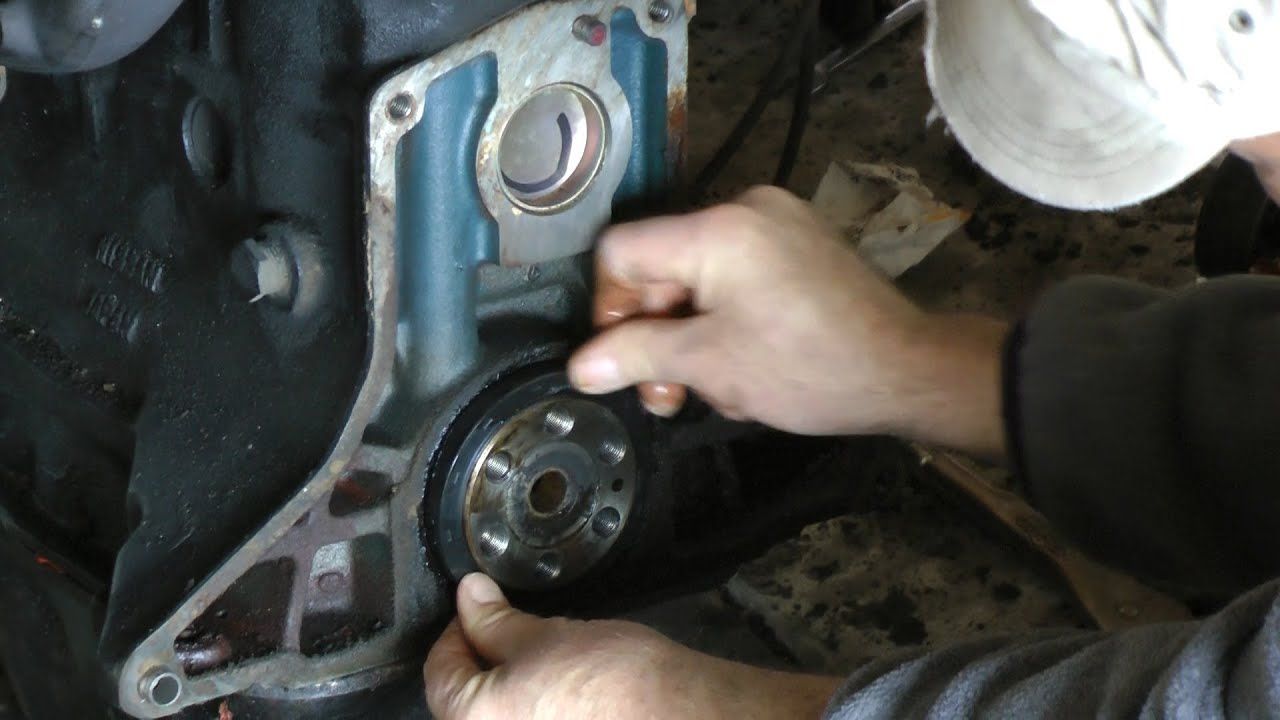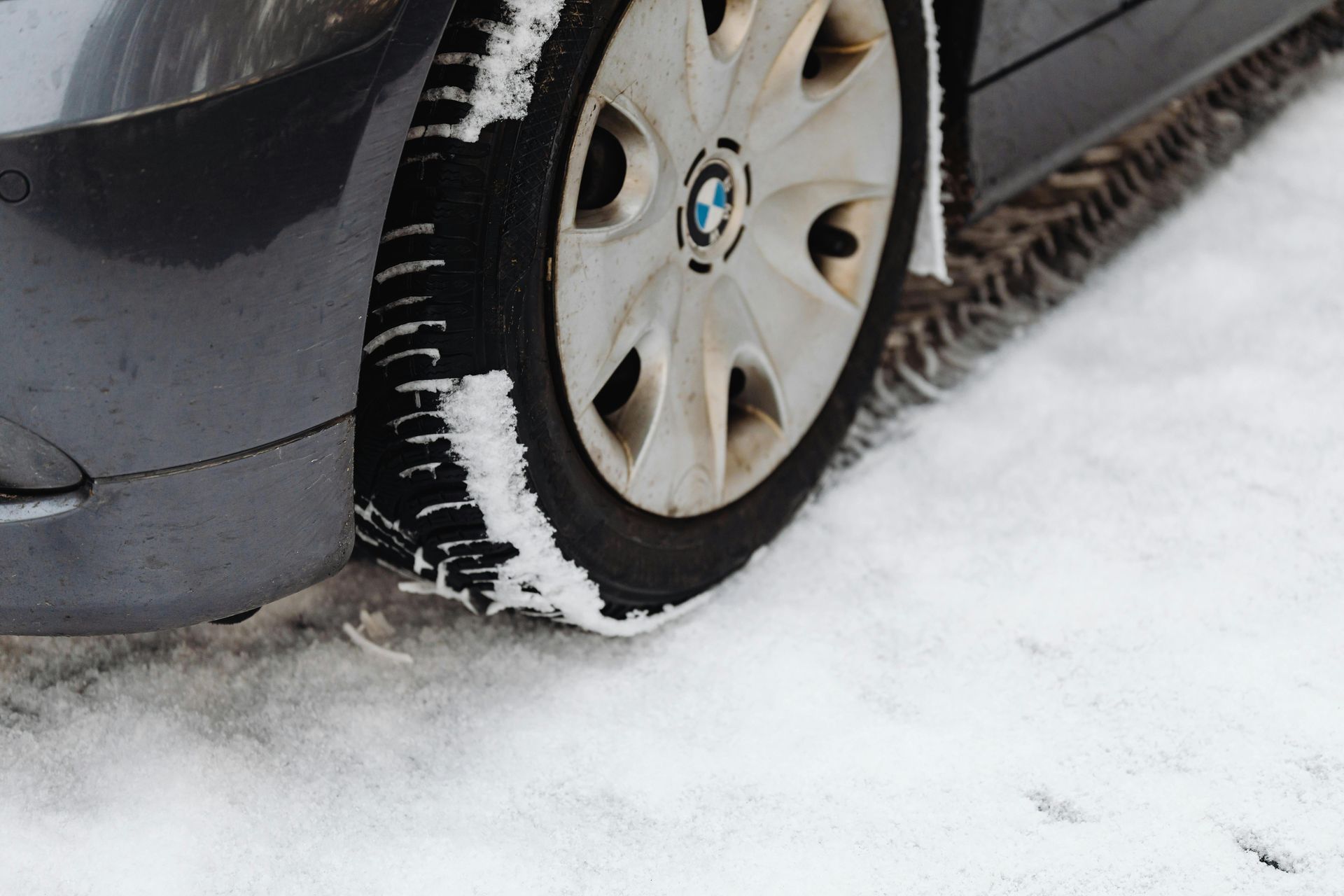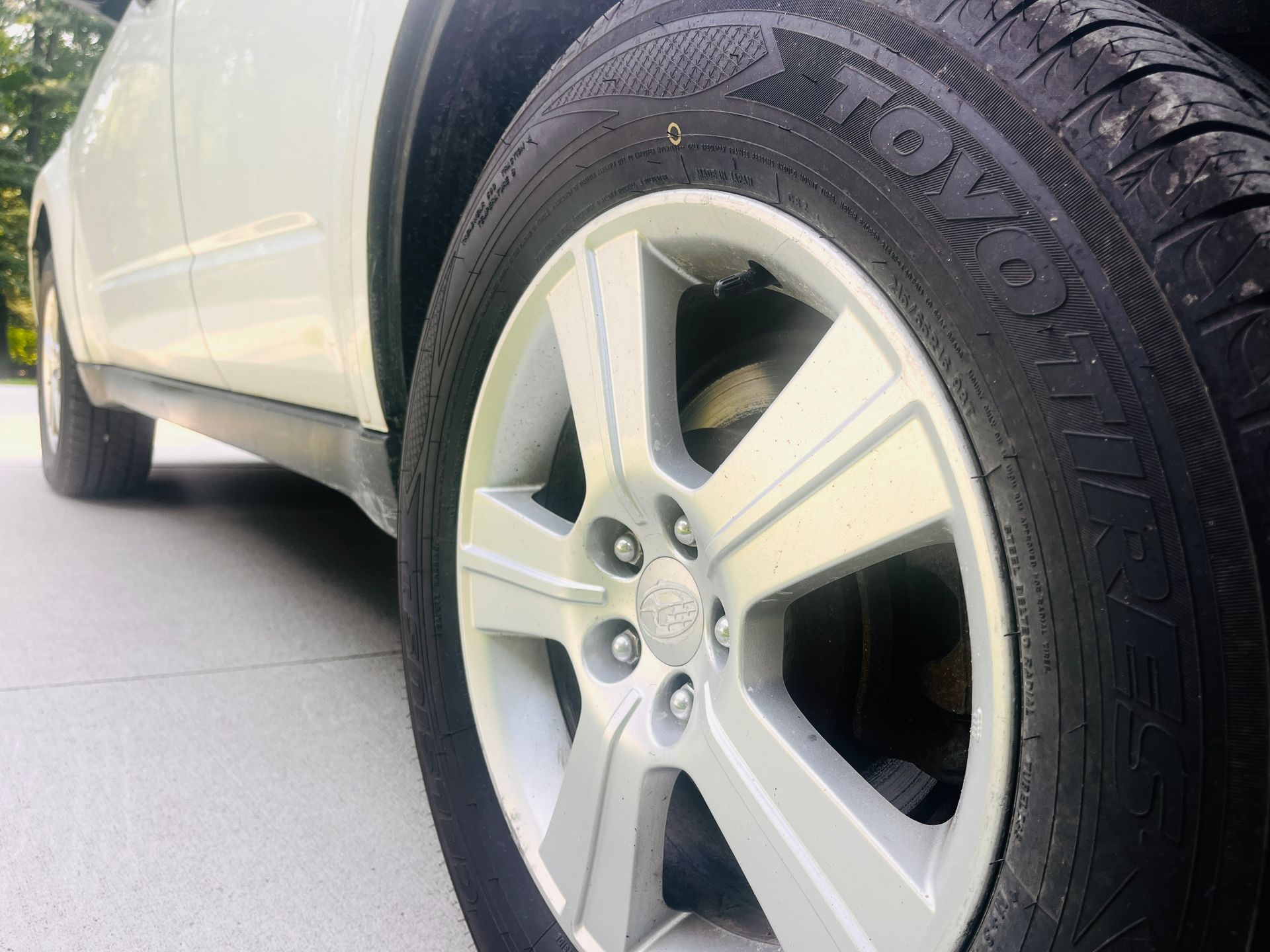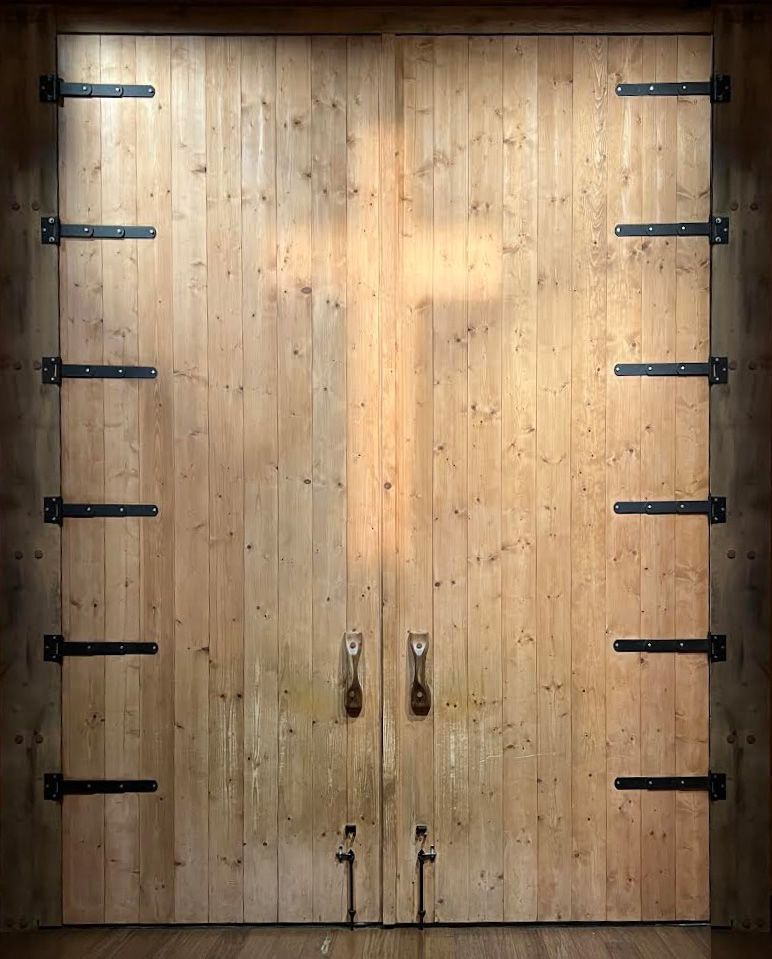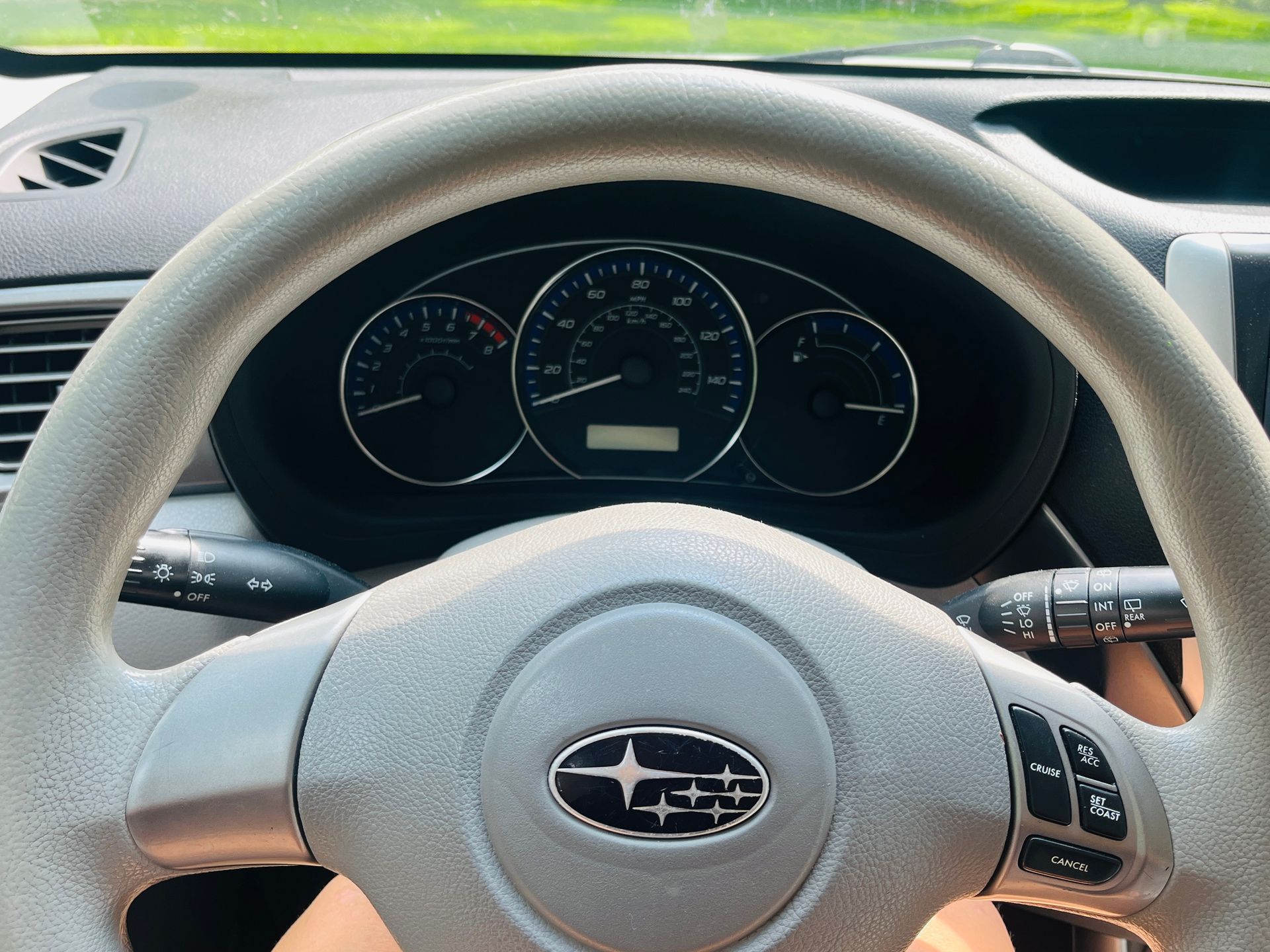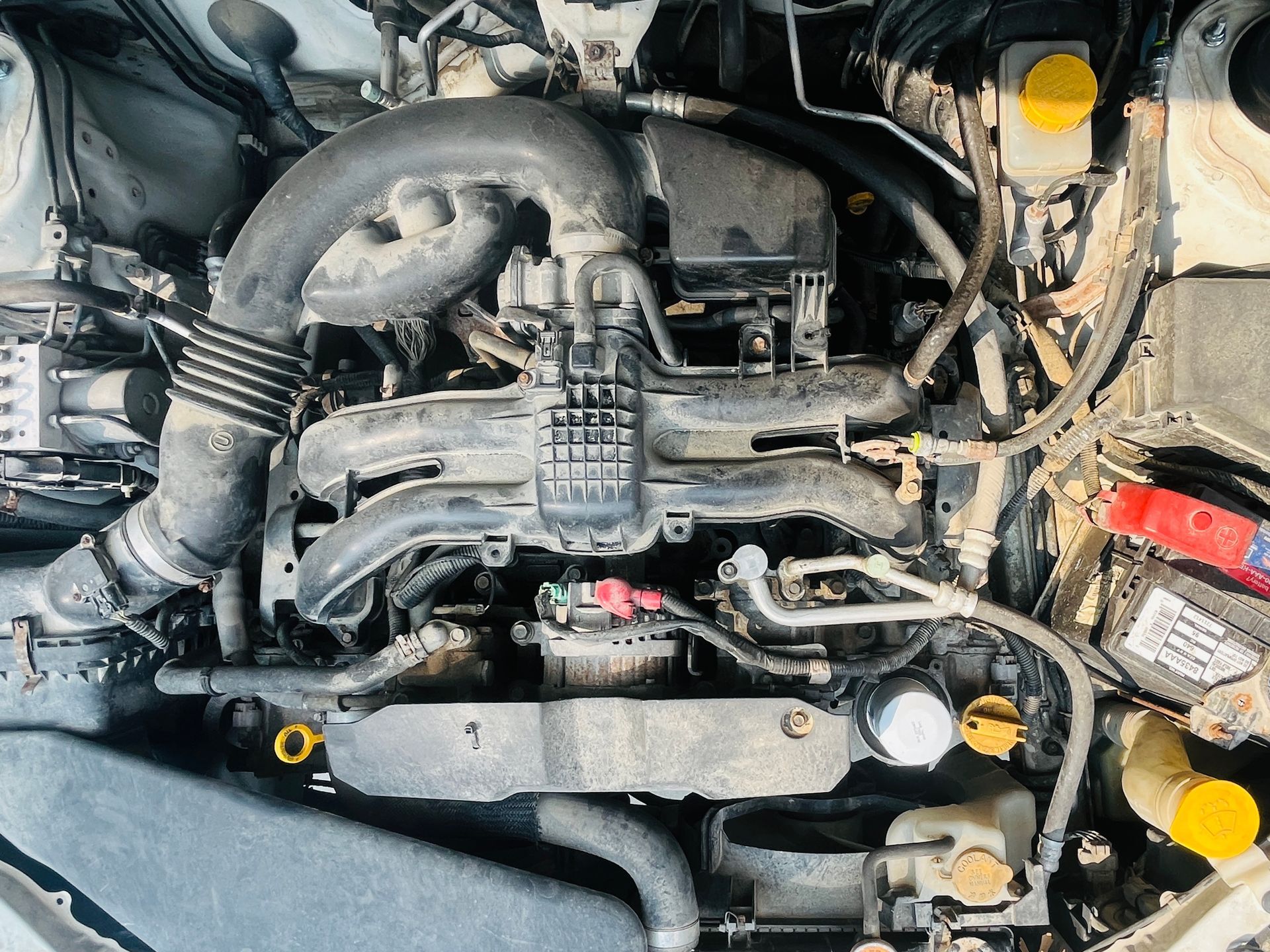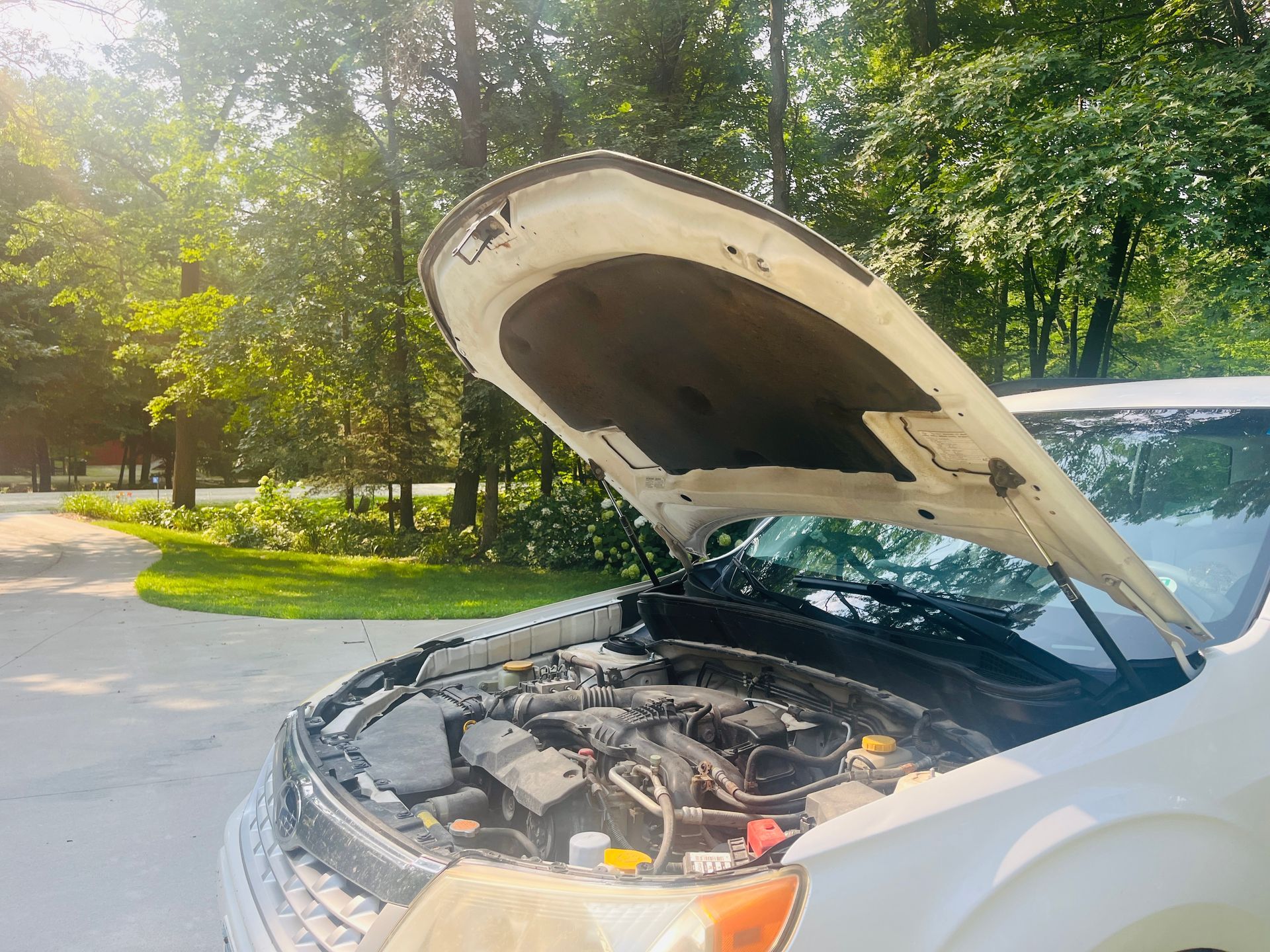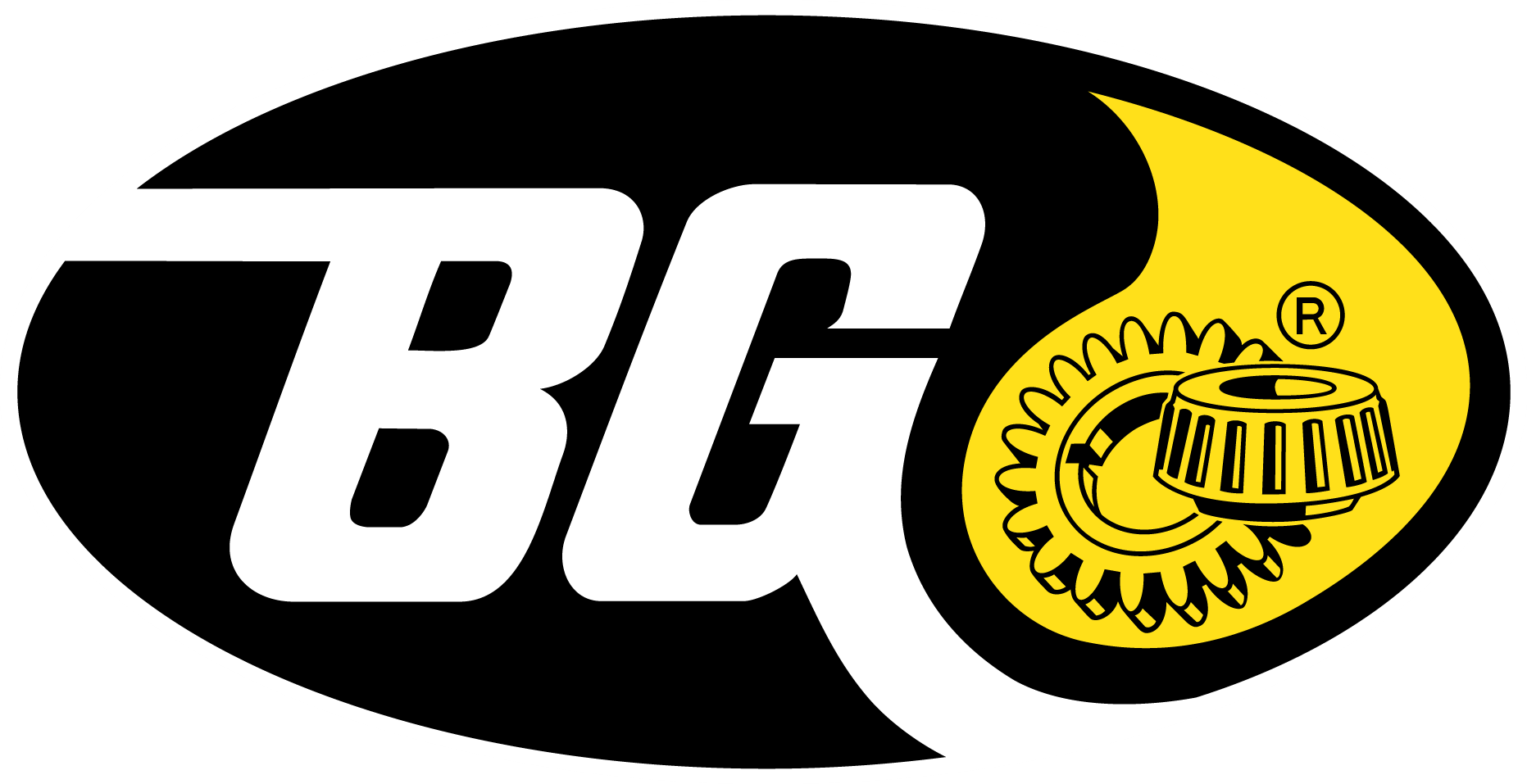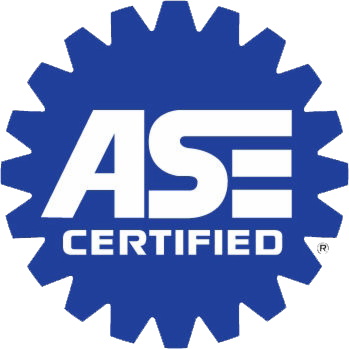Decoding manufacturer warranties
March 6, 2014
Have you ever heard the saying, "The son of the shoemaker has no shoes?" Does the phrase hit home for you? Are you a plumber with a clogged toilet that you never have time to fix? Or perhaps something similar? I can relate, and so can a wife of a technician I know - our cars are always the last to be fixed.
Because I needed a more reliable ride and a sometimes second shuttle, we decided to retire our 1999 minivan in the summer of 2012 and update it to a more modern version. The features minivans have these days blow my mind. Though some of the bells and whistles are a welcome luxury, there are some like the automatic doors that are slower than molasses to open and close that drive me nuts. I'm the type of gal that's often in a hurry and would just prefer to manually open and close doors myself. Plus, I fear the extra cost if it breaks. Of course, one of the main reasons we decided to buy new was the peace of mind that comes with the manufacturer's warranty.
Are you like me and you chose to buy a brand new vehicle because of the same reason? Did you think it would guarantee that nothing could go wrong with your vehicle for a certain amount of time? I suppose, in the back of my mind, I expected my new van to be perfect, for a while - boy, was I in for a surprise.
Within the first few months I had to have the window motor and the motor mount replaced, plus a piece of exterior moulding fell right off. But perhaps the worst news was I did not get the transmission I was told that I had. I learned, like many other owners of this vehicle, that my 6-speed transmission has an internal shifting problem and I must wait for a computer program to be developed to fix the problem. How can this be on a brand new vehicle? Needless to say, I've learned my lesson and will surely do much more research before purchasing my next vehicle. My only choice at this point is to embrace the good characteristics of my van and be grateful for the warranty and what it does offer.
Do you understand everything a manufacturer's warranty covers? Do you read the fine print? Last month we learned that repairs won't be covered if mice chew the wires. Are there other things that aren't covered? What should you look for? A basic bumper-to-bumper warranty covers almost all of the vehicle in some way, but not normal wear items like tires, oil, filters, brakes, etc. How basic is basic though? Be sure to ask questions and so you'll know what it covers, for how long, possible exceptions and what you must do to be sure your warranty is not voided.
Time/Mileage
Certainly, you should know the length of your warranty - both time and miles. The manufacturer will go by whichever comes first. I recommend that you take your vehicle to an independent repair shop for a health exam before the warranty expires. This will be a cost to you, but what it may reveal could save you a lot. The new set of eyes could find problems or potential problems that you can alert your dealership to before your warranty expires.
Exceptions
You'll also want to understand if there are any conditions or limitations with the warranty and what may possibly void the warranty. Thoroughly read the warranty prior to purchase and then again after purchase, making sure you see the "fine print." Often times there is a section labeled, "What is not covered." Some things that may be included in that section are:
Misuse: This includes if there are signs of abuse, such as if your vehicle was used for racing or "off-roading."
Damage: This includes if your vehicle has been in a severe accident and declared "totaled," or if your vehicle was damaged by an act of nature, like a fire, flood, earthquake or other disaster.
Bad fluids: This includes if improper fluids have been used or not flushed within the recommended time frame. Or if you have added things that should not be added to the fluids.
Poor aftermarket part installation or modification: This is a bit of a gray area which I will explain in the next section.
Neglect: This includes if you fail to take your vehicle in for service for the regular maintenance schedule outlined in your owner's manual.
Many people are under the impression that they can only have their vehicles serviced at the dealership in order to be compliant with the warranty conditions. This is simply not true. You can have your vehicle serviced at any trusted independent repair shop without affecting your warranty. A federal law, called the Magnuson-Moss Warranty Act, prohibits a manufacturer from voiding your warranty just because you have parts or services from a non-dealer. In fact, a manufacturer can't require you to use their brand of oil filters, lubricant, or any other part in order to maintain your warranty protection. This applies to extended warranties (which I'll cover next month) and leased vehicles as well. Having these services performed at a reputable independent repair shop can still give you peace of mind, and may also let you keep a piece of your pocketbook.
If there is a warranty issue and a manufacturer can prove that the replacement parts or service lead to a vehicle failure, they can void a portion of the warranty. However, many reputable independent repair shops use quality products that meet or exceed manufacturer specifications, and they subscribe to services that give them specifics for each manufacturer.
It is important that you do your part in order to be warranty-compliant. You must be vigilant in making sure your maintenance is done on a regular basis. And perhaps just as crucial, you must keep a copy of the receipts that prove this maintenance was done using the proper parts and fluids. Remember there are never any guarantees when it comes to new vehicles, but you can do your best to get the most out of your warranty.

